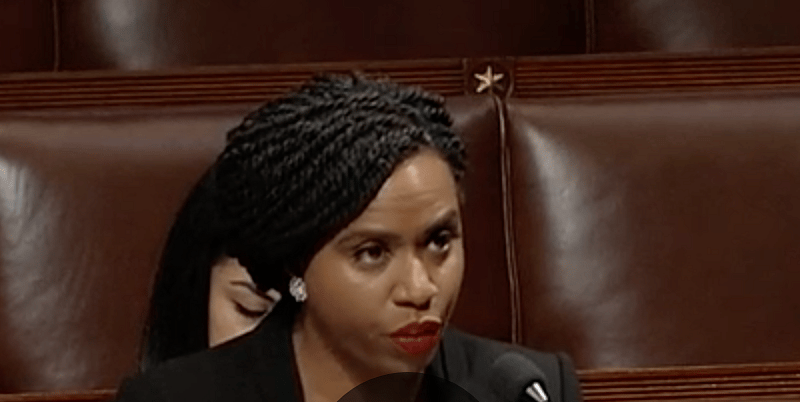Ayanna Pressley Says Late-Term Abortions Are Racial Justice At Virtual ROE Act Bill Rally

Supporters of a proposed abortion expansion bill known as the ROE Act gathered via a Zoom call on Tuesday afternoon to stump for the measure, which has stalled in the Massachusetts Legislature since being filed in January 2019.
Four elected officials spoke. Only two were state legislators.

